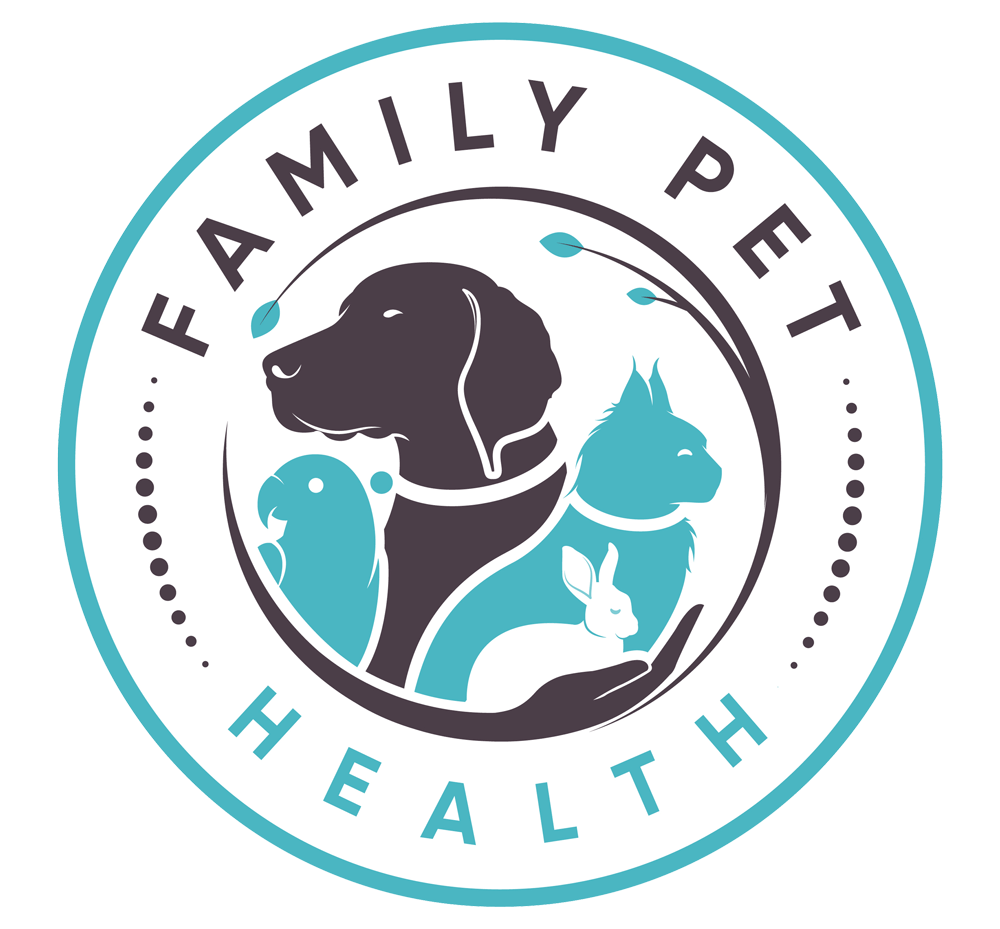What to expect at your puppy’s visits with us:
• At every visit we weigh your pet and we will keep a record of this throughout your pet’s life. As your puppy grows, we need to track her size. However, even in adult dogs, weight is an important part of health and sudden changes in weight can alert us to other medical issues.
• A technician or assistant will talk to you about your pet and any concerns or questions you might have. They will go over a Care Plan for your pet and can explain what tests and procedures your pet will be receiving as well as the costs associated with them. They will also assist your doctor with your pets exam and any necessary treatment. Your veterinarian will explain her findings and answer any further questions you think of.
• At your puppy’s visits, we may run tests to make sure he is healthy. The most common tests include parasite screenings. Parasites are very common in puppies and your puppy will likely need to be dewormed a few times in the early weeks of life. You can bring a fresh stool sample to the visit if possible or we can send you home with a cup which you can use to collect one.
• Your veterinarian will give your pet a complete exam, from his teeth all the way to his tail. The veterinarian will feel your pet for any lumps or bumps, listen to the puppy’s heart and lungs and check his eyes, ears and skin.
• Your pet will receive their vaccinations.
• After six months of age, we will run a heartworm test on your pet. Before six months of age your puppy is too young to have detectable heartworms. However, we recommend heartworm prevention as early as six weeks of age and every single month for the rest of your pet’s life. Heartworms are spread by mosquitoes so all dogs are at risk, especially in the South. Heartworm infections are expensive to treat and, even when treated, can leave lifelong damage. If untreated, heartworms can be fatal. A simple blood test is used to detect heartworms and is required yearly for prescription heartworm prevention. We have several options for heartworm prevention and we will explain all of this at your visits.
• We are here to help you, don’t ever be afraid to ask any questions you might have! Use resources like PetDesk to schedule appointments, ask questions and more!
Vaccinations: What is your puppy getting?
Vaccines are an important part of your pet’s health. They help us prevent illness in your pets as well as zoonotic diseases (diseases that can pass between humans and animals) that can result in serious illnesses for humans. Vaccinating your dog regularly throughout her life is a very important part of caring for her.
Rabies- At around 12 weeks of age your puppy will receive a rabies vaccine. Rabies is a viral disease that affects the brain and spinal cord. It leads to a variety of symptoms, including foaming at the mouth, aggression and paralysis. Rabies is zoonotic, which means it can be spread to humans through contact with an infected animal’s saliva, usually through a bite wound. Rabies is always fatal once symptoms have started. Luckily we can prevent this terrible disease with a simple vaccine. Your dog will receive the rabies vaccine annually for the first 2 years, and after that it will be every 3 years. This is considered a core vaccine and is the only vaccine that is required by law for your pet to have. Failure to keep your pet licensed and current on rabies can lead to fines and possible impoundment of your pet.
DA2PPL- This is a combination vaccine that protects your dog from 5 diseases. Your puppy will receive a series of this vaccine starting at 8 weeks, boosters at 12, 16 and 20 weeks, then annually. This is considered a core vaccine.
The following diseases are covered with this vaccine:
Distemper virus- Distemper is a highly contagious, airborne virus common among animals like dogs, raccoons and skunks. The virus attacks the respiratory, intestinal and nervous systems. It is most often fatal in puppies and still has a 50% mortality rate for older, under-vaccinated dogs. If an animal survives, it remains contagious to other animals for many months.
Adeno-virus 2, along with Parainfluenza virus, cause highly contagious strains of kennel cough, a respiratory disease that is difficult to treat and can lead to pneumonia and more serious complications.
Parvovirus is a highly contagious and often fatal virus that usually affects puppies under four months of age. Symptoms including liquidy and bloody diarrhea, extreme dehydration and a high fever come on rapidly and can kill a puppy in under 48 hours. There is no cure, symptomatic treatment is difficult and the disease is very often fatal. Parvo can also live in the soil for up to 2 years and remain contagious to other puppies in that time.
Leptospirosis- Lepto is another bacterium that causes liver and kidney failure. It is spread through the urine of small mammals and backyard wildlife and is transmitted to our pets through infected soil and water. Dogs can contract lepto by drinking from puddles, eating wet grass or picking up toys from the ground that have dirt on them. Lepto is zoonotic, which means humans can contract it. Family Pet Health includes the leptospirosis vaccine with the DA2PPL vaccine beginning at 12-14 weeks of age.
Other Vaccines:
Bordetella- This vaccine protects against a bacterium that causes kennel cough. Kennel cough is also highly contagious, especially amongst dogs in close settings like the groomer, boarding facilities or dog parks. Some grooming and boarding businesses will require your pet have this vaccine boostered every six months. The bordettella vaccine is given orally. We consider this a core vaccine and recommend all pets get this annually, beginning at around 10-12 weeks old.
Lyme- Dogs who spend time outdoors, like farm dogs, or dogs who do activities like camp or hike with their owners, are more at risk for tick-borne diseases like Lyme. Just like in humans, ticks can infect our pets with a variety of infections. It is important to keep your pet up to date on flea and tick prevention, and some dogs benefit from the added protection of the Lyme vaccine. Ask your veterinarian if they recommend this for your pet.
Other vaccine notes:
Vaccine reactions are rare, but they can happen. In extreme cases, if your pet experiences difficulty breathing, swelling of the face or neck, or loses consciousness at any time contact us or an emergency clinic immediately. This is rare but serious and will usually occur within an hour or two of vaccination. Other, milder reactions can include things like swelling at the injection site, soreness, lethargy or mild elevation in temperature. It is best to observe your pet for at least 12 hours after receiving vaccines, and if you feel any of these symptoms are concerning, call us and we can discuss what to do to make your pet comfortable.
Microchipping- Microchipping your pet is recommended! Often we microchip at the same time as the pets spay/neuter, but we can do the procedure at any time.
Spay/Neuter- We recommend spaying or neutering your pet at about 6 months of age, but some pets have different needs. We can discuss this in detail at your pet’s next visit.
At Family Pet Health, our goal is to keep your pet healthy and to educate you about your newest family member. We are happy to discuss any concerns and answer any questions you have about your pets health care. You can always reach by phone at 615-907-8387 or by utilizing the PetDesk app.






